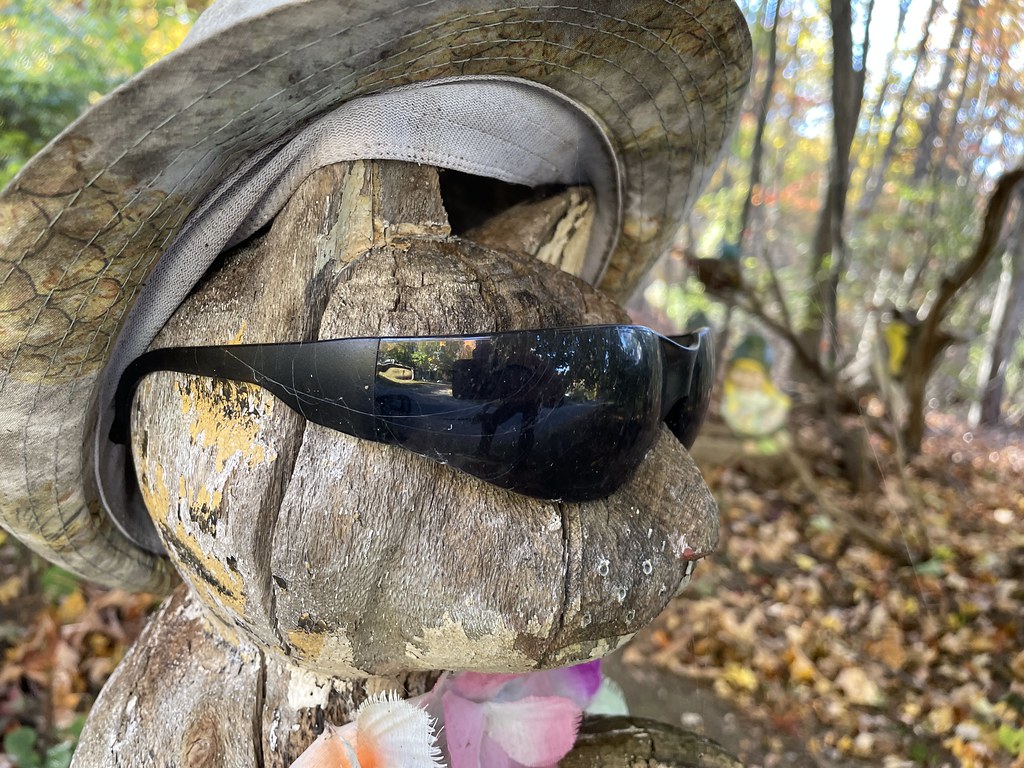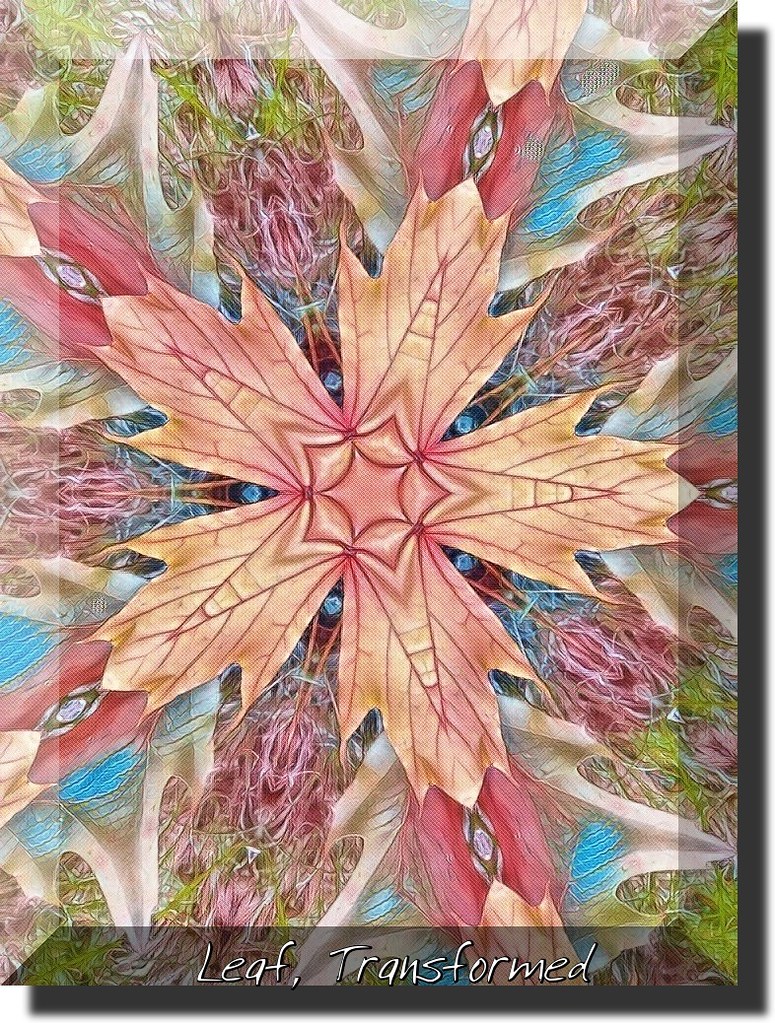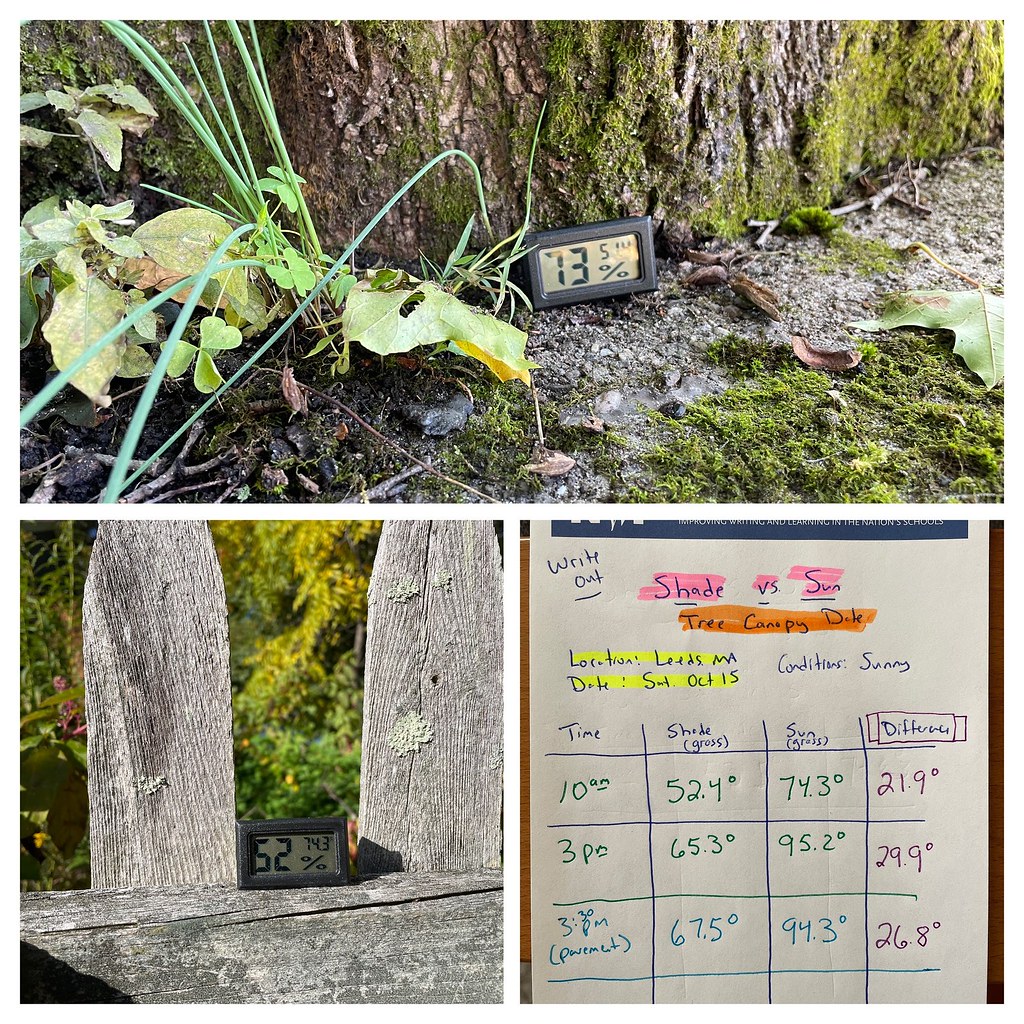
With no kids in my house under 18, it’s kind of odd that I still find pleasure in sitting and reading new installments of Jeff Kinney’s Diary Of A Wimpy Kid, but I do. It’s not deep literature. But it is fun.
The latest book, which just came out, is called Diper Overlode, and the focus is less on Greg and more on his older brother, Roderick, and his desire for fame and fortune with his hard rock band: Loded Diper.
As an amateur musician, I giggled quite a bit here, as the band’s antics to get a gig, to play at a Battle of the Bands, to ask for advice from an aging rocker, to getting set up for a show only to find some equipment missing, to not getting paid after playing a gig because you didn’t read the fine print, to trying to find practice space, to lugging the heavy equipment around …. those all ring pretty true to me.
I even texted some of the hilarious cartoons in the book to my bandmates, who enjoyed the sharing.
I don’t know how many more years Kinney can keep this up, and certainly interest in his books has waned over time in my sixth grade classroom, but I am still enjoying his sense of humor each fall, when the new book arrives and I read the story of Greg and his friends and family in an afternoon or two (and then, bring the book to my classroom for any interested students to read).
Seventeen books in, and I remain a fan.

Peace (and rock and roll),
Kevin









